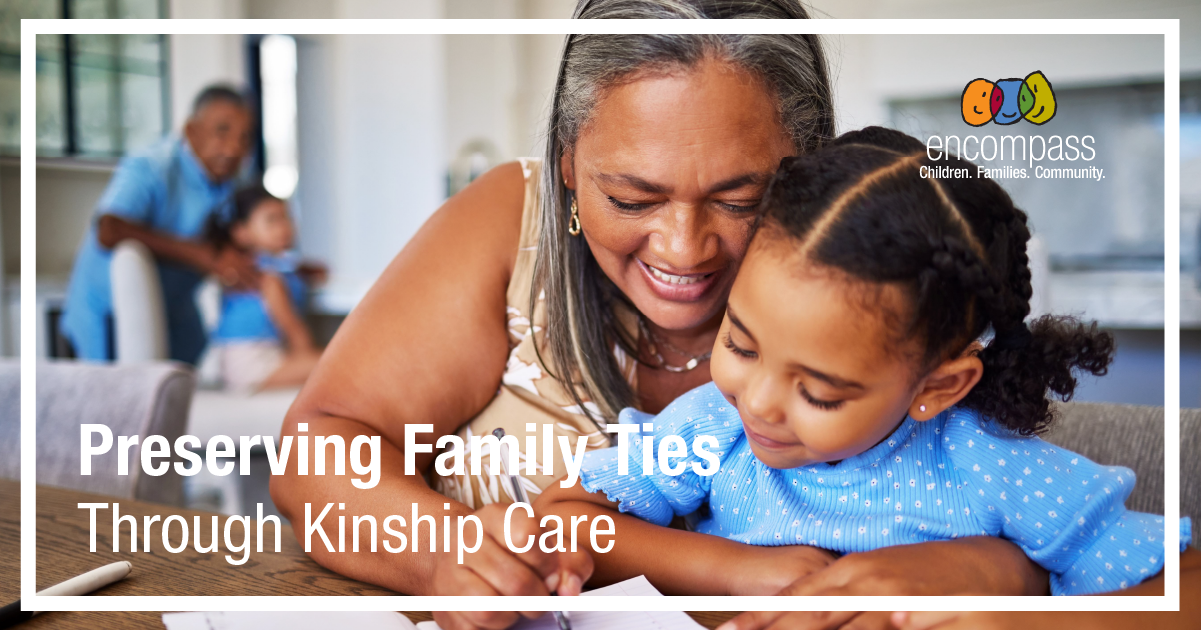When Tragedy Hits Close to Home: Tips for Talking with Your Kids
 The news of a tragic incident in our local community has parents and caregivers wrestling with how to best approach a discussion about home violence and shootings with young children. These topics are sensitive and challenging to navigate, especially for elementary-aged kids and younger. However, addressing these issues in an age-appropriate manner is essential for maximizing understanding, safety, and emotional resilience.
The news of a tragic incident in our local community has parents and caregivers wrestling with how to best approach a discussion about home violence and shootings with young children. These topics are sensitive and challenging to navigate, especially for elementary-aged kids and younger. However, addressing these issues in an age-appropriate manner is essential for maximizing understanding, safety, and emotional resilience.
Here are some strategies to help guide these important conversations:
First, ask about what they know or have heard. This will likely be very informative. You could learn that they have a pretty full understanding of what has happened, or you might discover that they completely misunderstand what has happened, what could happen, and the implications. You might learn that your child is hearing some really scary things from friends and neighbors or rumors from peers. Maybe they’ve overheard adult conversations or a media clip and jumped to some conclusions. Whatever you hear when you ask what they know will set the stage for what you address next. If you start to refute their thoughts or beliefs too quickly, they may shut down and stop telling you what they are thinking, so make sure you hear them out completely. Try to be patient and not react too strongly to what they say. You can respond with simple statements like, “Wow,” or “That’s interesting,” while you are gathering information.
Normalize feelings. When your child shares their thoughts, ask them how the thought makes them feel and let them know that you can understand that response and you’ve felt that way before too. Don’t belittle or minimize their feelings even if they don’t make sense to you. You can say things like, “You feel sad and worried that something like that could happen to you or someone you love. I worried about that today too. When I felt worried, I talked to my friends and went for a walk. What did you do when you felt that way?”
Empower them with honest responses and share the steps being taken to protect them. When discussing complex topics, it’s important to use age-appropriate language. Young children may not grasp abstract concepts, so break down information into simple, clear terms. Instead of discussing domestic violence or shootings directly, you might frame things in terms of feelings and safety. For instance, you could say something like, “Sometimes, people have arguments, but they shouldn’t hurt each other. It is important to me that you feel safe at home.” You might explain that safe grown-ups are working together to keep them safe through changing laws and increasing public awareness of the causes of situations like this. Let them know what you have committed to do that works towards safety and promotes mental health support. Help them move toward being proactive by creating a plan for sharing their feelings and letting them know what you are doing to keep them safe.
Help them feel heard. A powerful technique to help kids know you are listening is to repeat back what you heard them say: “You’re feeling angry because kids should be safe in their own home.” “You’re feeling disappointed because people shouldn’t hurt each other.” An added benefit of this technique is that it is also helpful to use when you aren’t sure of what to say. All people want to feel heard and sometimes there just isn’t anything you can say to help them feel better. Repeating back indicates you are listening, and you care about your child’s perspective. It also can encourage your child to keep opening up which will give you a chance to connect and support your child in a variety of difficult situations.
Keep checking in. Stay attuned to your child. Ask about their thoughts and what they’ve heard. Ask how they are feeling. You can talk about your feelings too. Remember that feelings are okay, so we don’t want to tell kids not to feel a certain way. For example, if your child identifies that they feel scared, instead of saying, “Oh, don’t feel scared,” or “There’s nothing to be afraid of,” maybe ask why they feel scared, or what is most scary. You can validate your child’s emotions by sharing how you feel and helping them understand that feelings come and go.
Let your child lead. Just as some adults thrive by watching every newscast and some need to turn off the constant buzz, some kids will need more assurance, information, and support, and others will seem unfazed. It’s important to bring up the topic with kids and then be watchful. Watch their behaviors, listen to their words, notice any changes in eating or sleeping patterns, and respond with more nurturing discussions when needed.
If you see unexpected behaviors, consider they may be coming from a place of fear. When a child does something you don’t want them to be doing, it can be helpful to wonder (both aloud and in your mind) what they hoped would happen when they did whatever it was. Sometimes when we feel stressed and anxious, we can lose access to our usual coping mechanisms and behave in ways we normally wouldn’t. It can help a child open up if we say things like, “Some kids are feeling worried right now, and when I feel worried, it helps me to talk to a friend wrap up in a cozy blanket, or dance to some fun music.”
Notice and identify anxious feelings early. As you’re watching the news or talking about this issue, you may notice that you start to feel tightness in your chest or discomfort in your stomach. That is your body’s way of letting you know you are becoming anxious. Being mindful of your own stress responses can help you choose a calming technique early. Similarly, observe your child for early signs of stress or anxiety. Is your child starting to speak quickly? Become hyperactive? Become extra fussy? These are all signs that your child could use your help calming their nervous system. Recognize and name the feeling, and then choose a calming strategy, such as taking deep breaths, lying upside down, drinking water, or physical activity (dance party!). It’s important for your child to watch you handle your big feelings in healthy ways.
As adults, we are tasked with managing our own feelings while allowing our kids to experience and share their emotions. This can be really challenging for anyone and can be almost impossible without support. The Encompass team is available to support you as you navigate this tragic situation. If you or your young child needs additional support, please reach out at 425.888.3347.
Additional Resources:
Sesame Street in Communities: Traumatic Experiences
PBS for Parents: Helping Kids with Traumatic Events in the News















